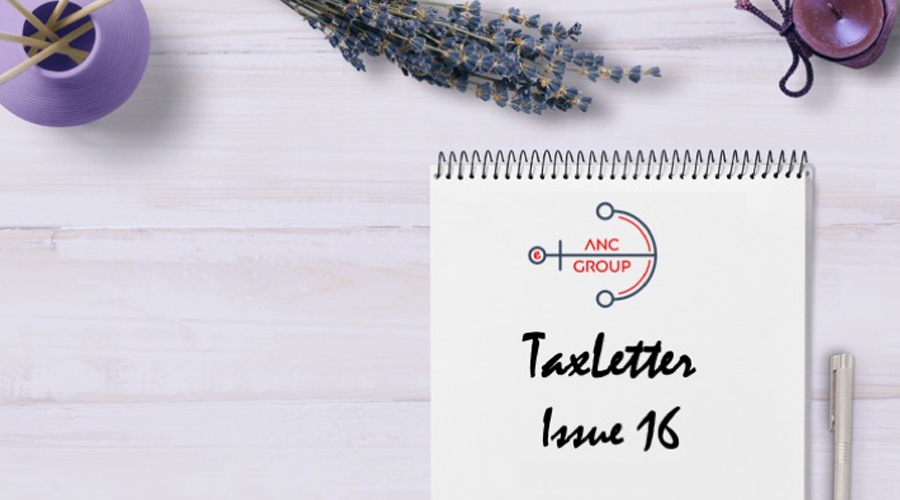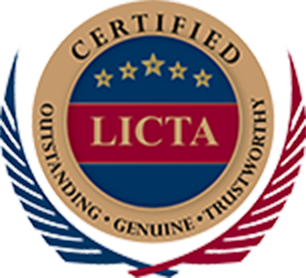Tax Treatment on Real Property Gains Tax (“RPGT”)
The Real Property Gains Tax Guidelines 2023 (2023 Guidelines”) incorporate and demonstrate the legislative changes introduced to RPGT Act 1976 which includes the following:
- The RPGT rates that apply, depending on the category of taxpayer (refer to Appendix 1 to The 2023 Guidelines).
- The rates that apply in relation to the retention sum by acquirers under Section 21B of the RPGT Act 1976 (refer to Paragraph 25.1(a) to the 2023 Guidelines).
- With effect from 1 January 2019, disposal of real properties acquired prior to 1 January 2000 by taxpayers categorized under Part 1 of Schedule 5 of the RPGT Act (which includes individuals who are Malaysian citizens, the acquisition price will deem to be the market value as of 1 January 2000.
- With effect from 12 October 2019, disposal of real properties acquired prior to 1 January 2013 by taxpayers categorized under Part 1 of Schedule 5 of the RPGT Act (which includes individuals who are Malaysian citizens), the acquisition price will deem to be the market value as 1 January 2013. However, this does not apply to the disposal of shares under Paragraphs 34 and 34A of Schedule 2 of RPGT Act 1976.
- With effect from 1 January 2022, Paragraph 2 of Schedule 4 of the RPGT Act 1976 was amended to provide a formula to compute the amount of exemption allowed for partial disposal of shares under Paragraphs 34 and 34A of Schedule 2 of RPGT Act 1976, by an individual. The exempted amount is to be the higher of 10% of the chargeable gain, or the amount calculated on the formula below:A / B x CWhere:
A = number of shares disposed of which are deemed to be a chargeable asset under paragraph 34 or 34A of Schedule 2B = total number of issued shares deemed to be a chargeable asset in relation to shares deemed to be chargeable assets
under Paragraph 34 or 34A of ScheduleC = ten thousand
- With effect from 1 January 2022, Paragraph 3(1)(b) of Schedule 2 of the RPGT Act 1976 was amended to expand the scope of transactions in which the disposal price is deemed to be equal to acquisition price, to include transactions involving the disposal of chargeable assets by a nominee or trustee of an individual, the wife of the individual or both, to a company controlled by the nominee or trustee for the individual, the wife of the individual or both.
- The 2023 Guidelines include a new section to explain the tax implications of disposals transacted via Power of Attorney (“PoA”).
a. The 2023 Guidelines stated that the grant of irrevocable PoA for valuable consideration is a “disposal” as there is an “ assignment”.
Generally, disposal date = date of PoA granted to Donee (recipient of PoA)
disposal price = market value / consideration given for the grant of PoAb. The ascertainment of whether the interest or right in or over an asset has been granted to the Donee will depend on the
terms and conditions of the PoA. - The details of supporting documents required from disposers/acquirers, which were outlined in the 2018 Guidelines, have been removed from the 2023 Guidelines.
- The 2023 Guidelines explain the penalties for non-compliance that may be imposed on:
a. disposers : Sections 29(3), 30(2) and 14(5) of the RPGT Act 1976
b. Acquirers : Section 29(1) and 36 of the RPGT Act 1976 - The 2023 Guidelines stated latest procedure for RPGT payments (i.e. by the e-TT system) and an updated list of authorized banks and available services.
- The 2023 Guideline also stipulated penalties in relation to RPGT payments under Sections 21B(2) and 21(4) of RPGT Act 1976.
Several key explanations of The 2023 Guideline are as follows:
Permitted Expenses [subparagraph 5(1)(a) and 5(1)(b) of RPGT Act 1876]
The following costs incurred in relation to the disposal of the property can be deducted for the calculation of RPGT:
a. Expenses incurred wholly and exclusively on the property, at any time after the acquisition of the assets or on behalf of the disposer for the purpose of enhancing or preserving the value of the property such as expenses reflected in the condition or nature of the property at the time of disposal;
b. Expenses incurred wholly and solely in securing, preserving, maintaining or defending ownership or rights over the property after the acquisition of the property; and
c. Incidental cost incurred during acquisition and disposal of the property.
Date of Disposal and Return of Assessment
The acquirer and disposer are required to submit an RPGT return within sixty (60) days from the date of disposal of the property as stated in the written agreement of the disposal.
In the absence of a written agreement, the date of disposal shall be taken as the earlier of full payment of the purchase consideration or the date when all things which are necessary for the transfer of ownership of the real property under any written law have been done. Where the disposal is subject to approval from the Government or State Government, the date of disposal is the date of such approval or if the approval is conditional, the date when the last condition is satisfied.
Payment by disposer
The disposer is required to settle the balance of RPGT payable within thirty (30) days from the date the notice of assessment is issued.
For further information, kindly click HERE.
ANC Group – Your Personal Tax Advisor
Tax consulting is the core service of ANC Group. Our tax professionals provide clients with comprehensive tax support and guidance. We offer tax consulting and compliance services for expatriates, entrepreneurs, and listed and non-listed companies.
Our tax consulting services include business tax, transaction tax, personal tax, and corporate income tax. We don’t just guide you in interpreting and applying complicated taxation rules, but to explore new opportunities and business trends.
We keep you abreast with Malaysia tax updates and any changes in the local regulations.
We work closely with industry specialists, authorities, and associated professionals within ANC Group to provide the best-in-class integrated tax planning solutions. ANC specialists coordinate the accounting and taxation services to bring your business to success.
[vc_btn title=”Get a Quote” color=”orange” size=”lg” link=”url:%23Footer|title:Footer||” el_id=”buttonGetQuoteTaxService”]









